Koshljakov N.S., Smirnov M.M., Gliner E.B.
During the last few 3’ears a number of outstanding books on partial differential equations have been published, but such is the extent of the subject and so varied are the possible approaches to it that there would seem to be little danger of the demand for good textbooks being surfeited. As indicated by the title, the book under review presents material which appears in undergraduate courses for mathematicians, physicists and engineers in British universities. It does so, however, to a depth seldom achieved in such courses and at a level of mathematical maturity likely to be reached only by graduate mathematicians. This translation will be useful, therefore, mainly as a work of reference and as a source of guidance to those concerned with the teaching of partial differential equations, and in both capacities it can be highly recommended.Following an introduction devoted to the classification of quasi-linear differential equations of the second order, the text is divided into four pails dealing in turn with equations of hyperbolic type (16 chapters, 209 pages), equations of olHptic type (11 chapters, 237 pages), equations of parabolic type (3 chapters, 48 pages) and certain supplementary topics, including integral transform methods, electromagnetic wave theory, viscous flow and an introductory account of generalized functions (9 chapters, 179 pages). Each of the first three parts follows a common pattern: the theory of the relevant class of partial differential equations is first set out in detail and selected physical applications are then discussed. Among these applications are vibrations of strings and rods, electrical oscillations, sound waves, gravitational fields, water waves and heat conduction. It is evident that the authors had before them the clear objective of emphasising the distinctive properties of the principal equations of mathematical physics and, notwithstanding its length, their exposition is notable for its firm adherence to this plan. Thus in Part I prominence is given to the concept of a characteristic, and the method of separation of variables is introduced only when the properties of characteristics have been fully exploited. Again Part II begins with a detailed treatment of fundamental solutions of elliptic equations, and Part III is developed along similar lines. Throughout the book attention is given to important theoretical questions such as the proper setting of initial and boundary-value problems and the uniqueness of solutions.This is a clearly and carefully written book. The argument procoeds at a leisurely pace, and a standard of rigour appropriate to modern writing on mathematical physics is maintained. Unfortunately the production of the book leaves much to be desired: the typography is of poor quality and the absence of an index is a serious defect in a comprehensive reference work of this type. | |
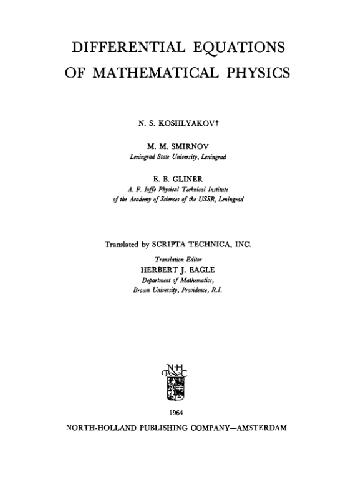
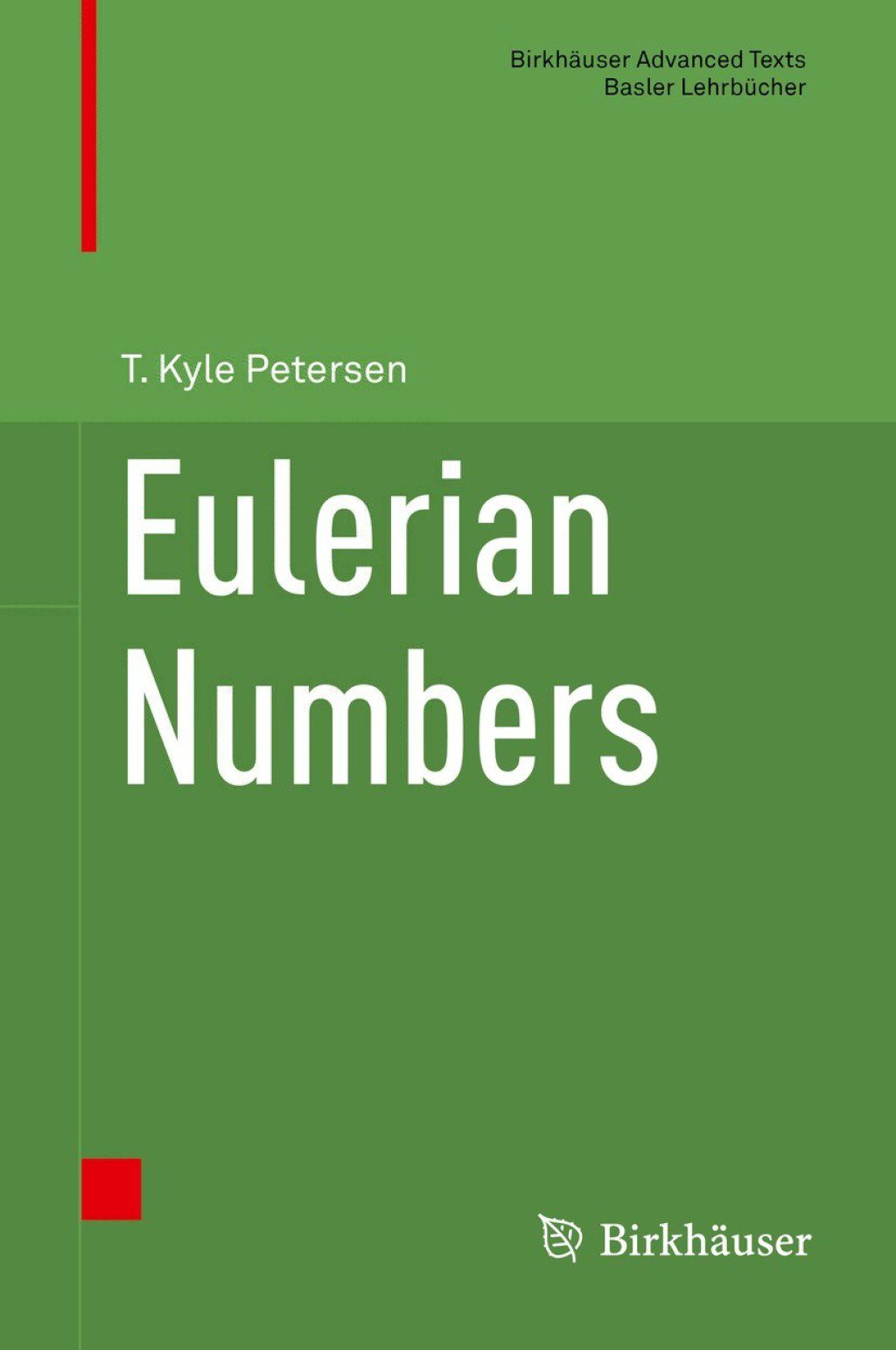
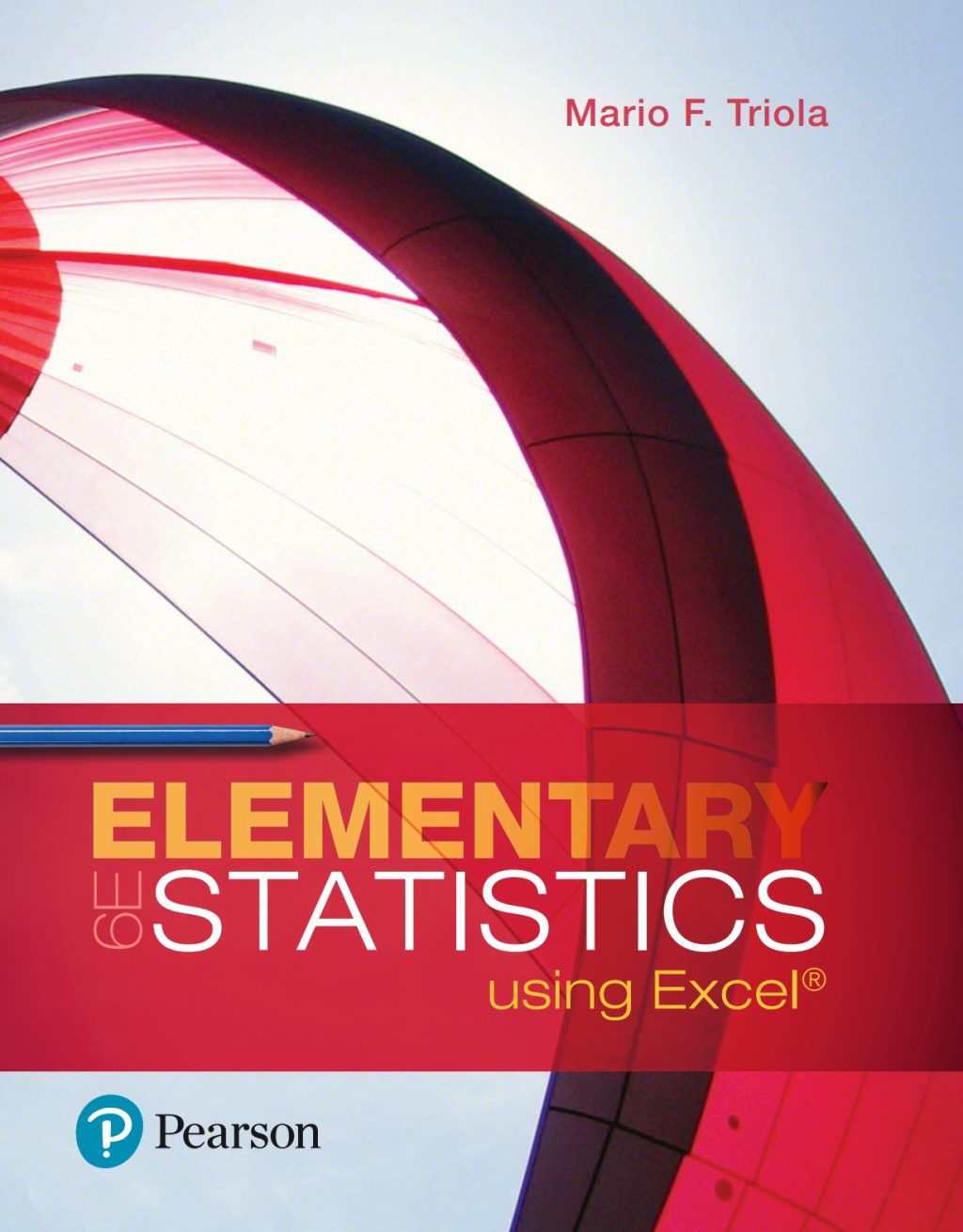


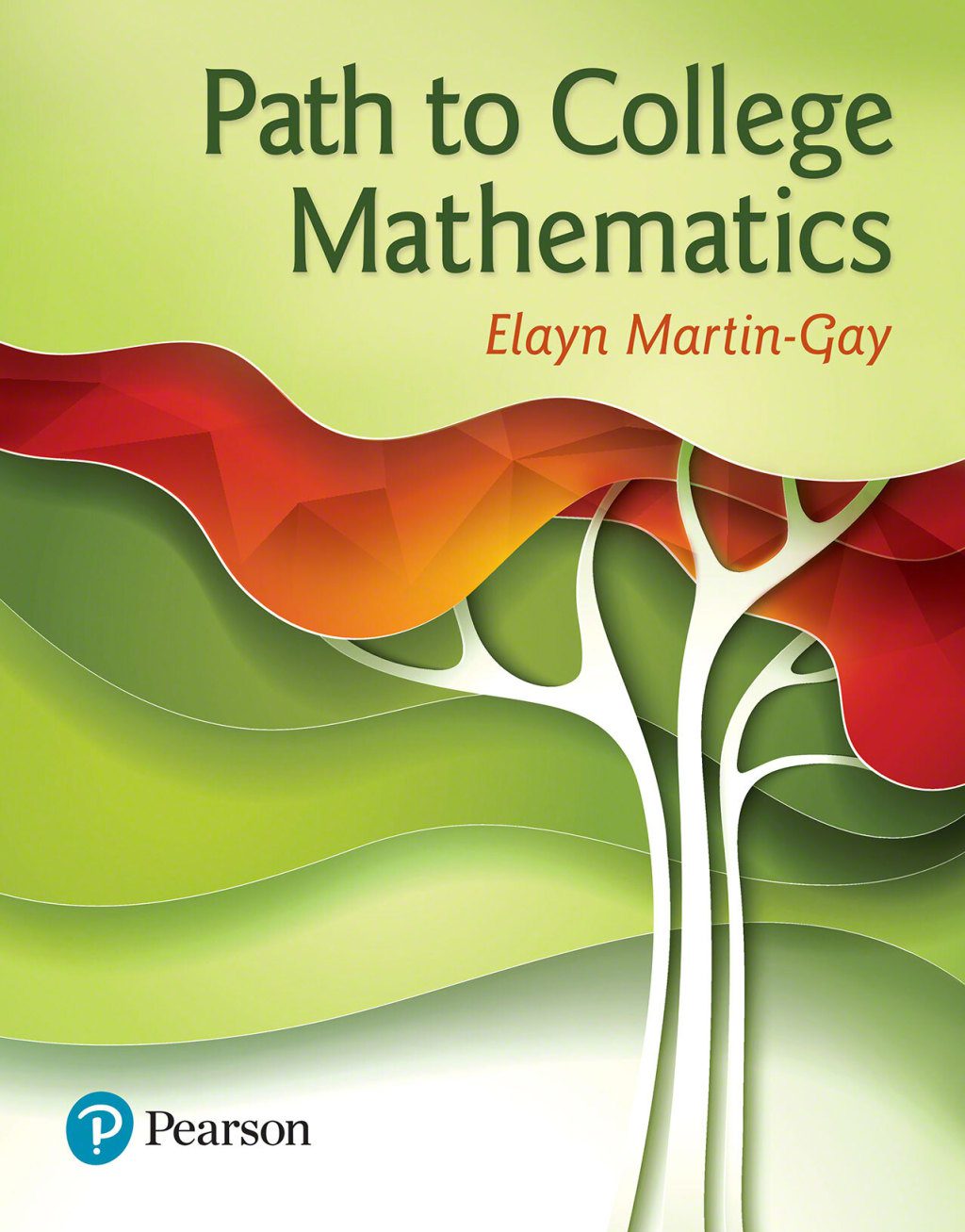
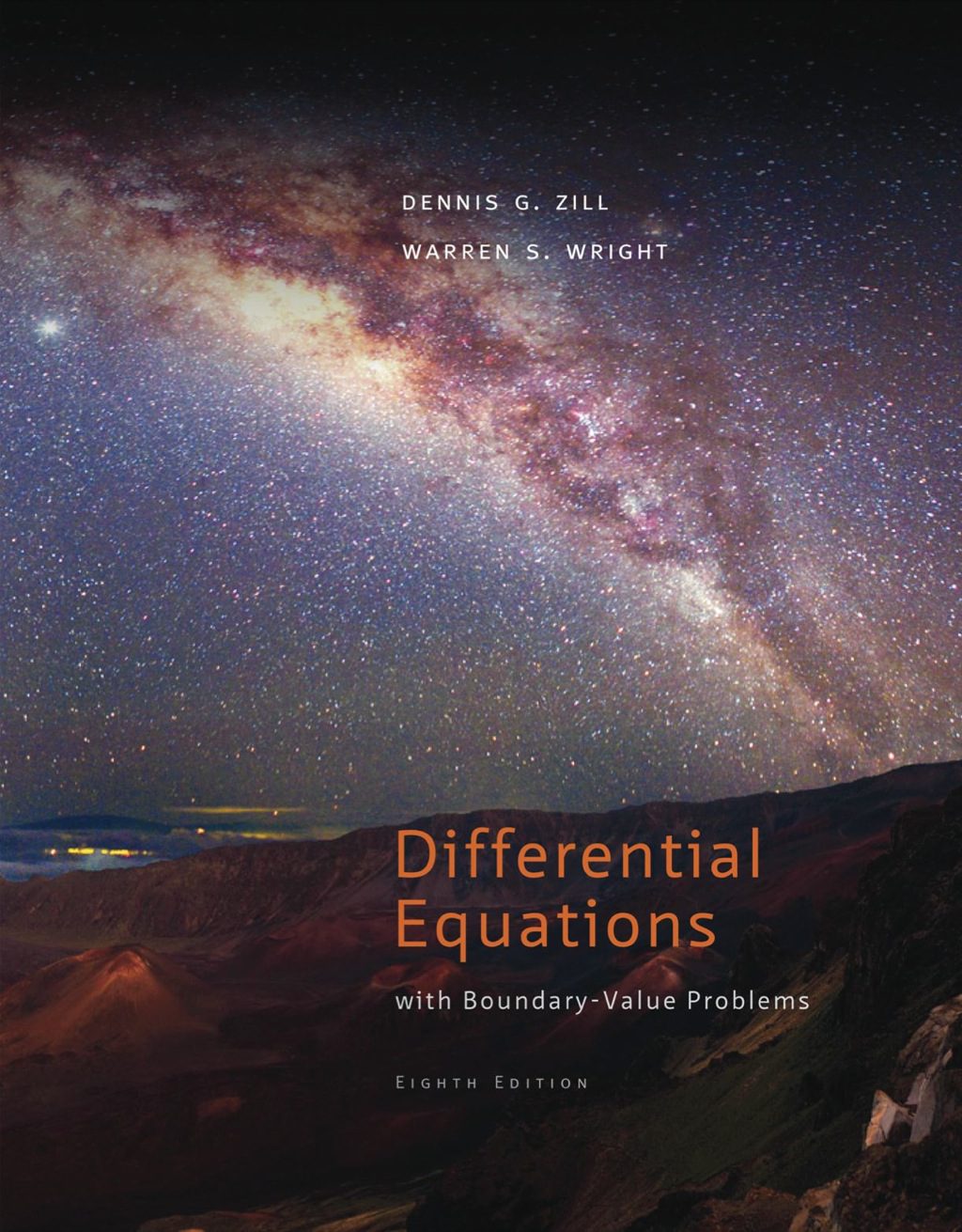
Reviews
There are no reviews yet.